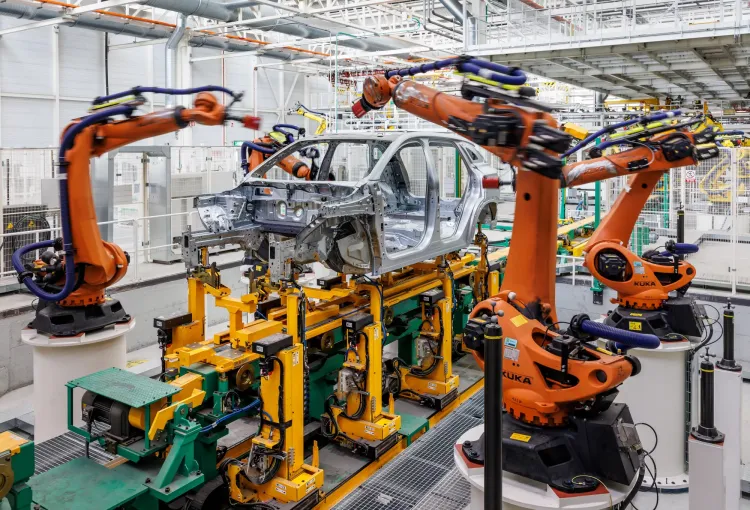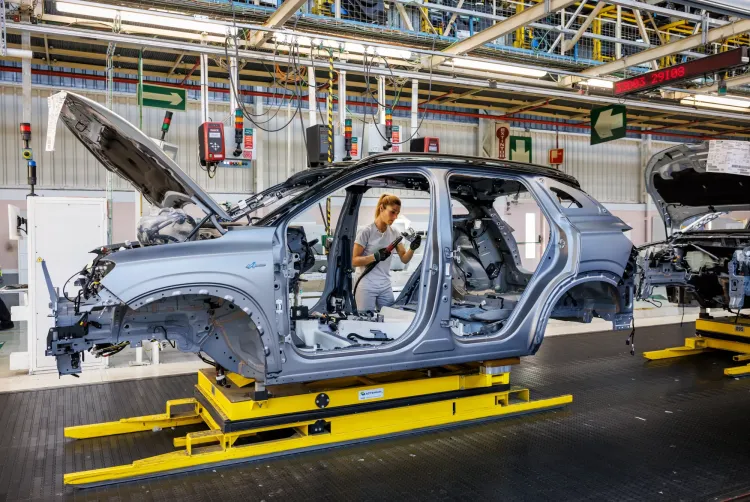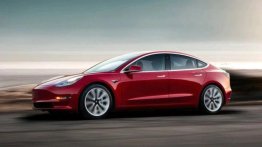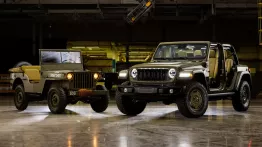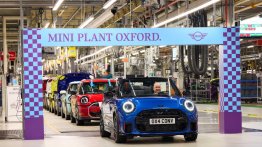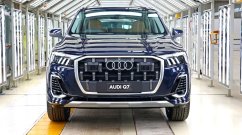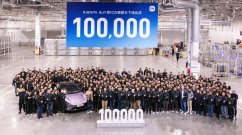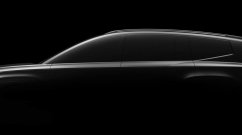Renault Group has announced the launch of a plan for the in-depth transformation of its industrial base. This plan is part of the Revolution phase of Renaulution, the strategic plan to make Renault Group a next-generation automotive manufacturer.
The aim is to reduce production costs per vehicle by 30% for internal combustion vehicles and 50% for electric vehicles by 2027. The plan will also contribute to cutting vehicle development times from three to two years. In this way, the Group is moving into high gear and setting ambitious targets.
The automotive industry is currently at a turning point in its history, and Renault Group is well placed to meet the challenge. The Group has made huge progress in its quality results, with a threefold increase in the reliability of our vehicles in two years, putting them among the very best. Its industrial sites regularly top the rankings in the Harbour Report, an independent authoritative study of the global automotive industry comparing the productivity of industrial sites. Renault Group is one of the top three global manufacturers for energy performance and industrial CO2 emissions.
Renault Group was also the first manufacturer to set up an Industrial Metaverse, and it is determined to stay one step ahead by further accelerating the digitalisation of its industrial base and building the skills of its workforce.
Building on these strengths, the Re-Industry plan aims to boost all the traditional areas of industrial performance while reinventing production through the development of innovative processes. In this way, for example, the Group is targeting a production time of nine hours for the future Renault 5.
The plan to transform Renault Group’s industrial base underlines the Group’s commitment to innovation and the mobility of the future, while ensuring the sustainable operation of its industrial sites. It marks a revolution in automotive production, making it faster, more competitive and considerably more agile. By reinventing its approach to production, the Group is ready to meet market challenges, while building vehicles that will shape the next era for the automotive industry.





